The World Cup cometh. Soon.
To illustrate: if Nic White and his partner conceived yet another child, the baby would be born during the quarter-finals.
Whilst Eddie Jones, Michael Cheika, Warren Gatland and Steve Borthwick were in press conferences explaining why they won or lost, White would be dashing to a Marseille hospital to check on another little squalling halfback thespian.
Thus, time is of the essence.
Where do the contenders sit? What is undone? What cannot be fixed in time and must be endured?
Who is best equipped for the French trenches? Who has built on rock and who is founded on sand?
First, who can contend? In the age of parity and coach-swapping, seven is the new four.
France in France: oui. Plenty of pack, pace aplenty, and a plan which has survived examination. Boot long, an Edwardian defence which spears into the gut of an attack, waves of big bodies, and better decisions on the ball in the red zone.
New Zealand stuttered last year. Humbled by Irish tourists, they found their groove, born of proper props, a new raging hooker in the mode of Keven Mealamu (but stronger, faster), a Crusader maul, Schmidt starter plays, the grand old firm of Sam Whitelock and Brodie Retallick, and the best Barrett of all.
Ireland is ranked No.1, but that last lap is hard for the old grey horse at the Stakes. Can a flyhalf closer to 40 than 35 go the distance? Will the skilful pack be intact after an exam conducted by Tongans and a French South African lock and a South African-Frenchman lock? No other team throws as many short passes at high speed, and we all know Cup rugby can be cruel to intricacy and tends to reward rugged rugby.
Speaking of brute force, French flank Anthony Jelonch gave an honest assessment of the Springbok pack that played a man short all match in the Marseille melee: “They are the strongest pack we have ever faced.” And that was with Kwagga Smith at eight instead of a bouncer. The Boks will mount a strong challenge to make the semi-finals and are arguably better than in 2019.
No matter how the Welsh poor mouth their chances, Wales can put 10 Lions on the pitch with the Lions coach pulling the strings on a thousand caps. They will be a tough out in Saint Denis.
England and Australia round out the list; together because they are bound by a tale which must be told on the pitch. Revenge or vindication. Glory or devastation; likely to collide in that tough town on the Mediterranean.
The Eddie effect is immediate in this sense: Australia would not make the list a month ago.
But there is still the matter of England: the rugby Ashes.
If Eddie Jones is knocked out by Steve Borthwick using Eddie’s old team, particularly if it is a battering, it will take all of his formidable powers of persuasion to avoid the conclusions that he was canned too late, Hamish McLennan was had, an escape clause must be found, and Dave Rennie was dealt a rough hand.
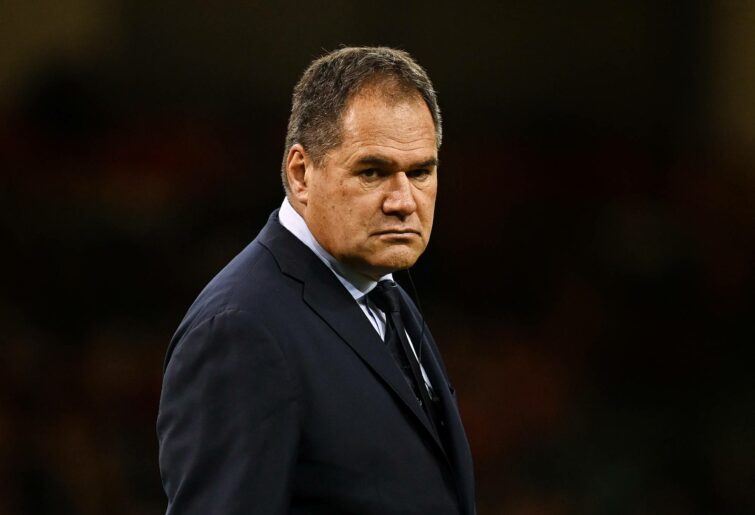
(Photo by Harry Trump/Getty Images)
On the other hand, if Jones is holding court with the London press as his palookas, he will gleefully make tomato sauce of journalists that Allianz Stadium would charge $20 for.
France, Ireland, the All Blacks, the Boks, the Wallabies, England, and Wales contend. The draw expands.
The Pumas, Scots and Blossoms may upset the apple cart but lack the front rows to win six.
How do the contenders rank?
1. France
No one is more nationalist than the French: unabashedly and without reservation. The country will be one big blueberry parfait.
Their defence is top two, their style cemented, and they have depth. Take their best loose forward out: world-class Greg Aldritt. Bonjour Charles Ollivon. Key man Antoine Dupont has an off day? He did against the Wallabies and Boks; his team still won. A lock goes down: will the lineout suffer? No, they just lift a long loosie.
But will French flakiness doom them? Remember how they managed to lose the Six Nations by not kicking the ball out? Remember 100 years of French insouciance on the pitch?
In the last year, Fabien Galthie’s team has won matches it should have lost: the best skill of all.
France will prefer to play Ireland than South Africa, if truth serum were laced into their croissants, because the Boks have a better chance of nullification, but either way, the French will be favoured in a home quarter-final which will begin with a stadium singing these words:
“Let’s go child of the fatherland, the day of glory has arrived … the bloody standard is raised … roar these fierce soldiers … cut the throats of your sons and your companions … form your battalions … may impure blood water our furrows … ooh ooh ooh.”
And then the DJ will rip.
What could cause them grief? A malfunctioning set piece, an untimely card (rather than Pieter-Steph du Toit getting an early red, Paul Willemse cops it) or an odd breakdown decision at an unfortunate time, or the thing that seems to happen every Cup: a hitherto deadly kicker can’t find his range.
The favourite for this Cup is France. But whomever beats them will likely inherit that crown.
2. New Zealand
The time to have your angst is the year before. In 2018, Rassie Erasmus famously planned to fire himself for poor results if he did not win in New Zealand. We know what happened.
Ian Foster and his crew faced the same 2022 prospect: win in Johannesburg or fly back to an axe.
Down a man and on the scoreboard and defending their own line, Rieko Ioane made a break and saved Foster’s hide.
The front row was exchanged, a midfield developed, flyhalf was decided, and sixes were found.
Belief is not solidified (Exhibit A: the loss to Argentina; Exhibit B: the draw at Twickenham). But it would take a rugby amnesiac to think the All Blacks’ 2023 will resemble 2022.
If they face Ireland in a quarter-final, Foster-Schmidt-Ryan will not ask their lads to play the same way they have for the last few seasons. They will not be gearing up their fancy bicycle to race the fanciest bicycle in the world: it will be an old oak battering ram to the spokes and no space or time for the pretty passing.
What do the Kiwis lack? Depth at lock, which has been the death knell of many a team in Cups, given that second rowers are a fifth of the team (in a 6:2 format), they define the physical bout, and they are often dinged.
If the All Blacks are knocked out by the Boks, it’ll be a lock issue. If the Irish do them, it’ll be because of game management. One of those is more controllable than the other.
3. South Africa
Lay down a team sheet from 2019 next to a projected 2023 knockout Bok team and the first thing you will see is no other team has as much continuity.
As many as 19 of 23 of last Cup’s winners could be on the pitch; several of them are better than they were four years ago, including tighthead Frans Malherbe, lock Eben Etzebeth, centre Damian de Allende and captain Siya Kolisi.
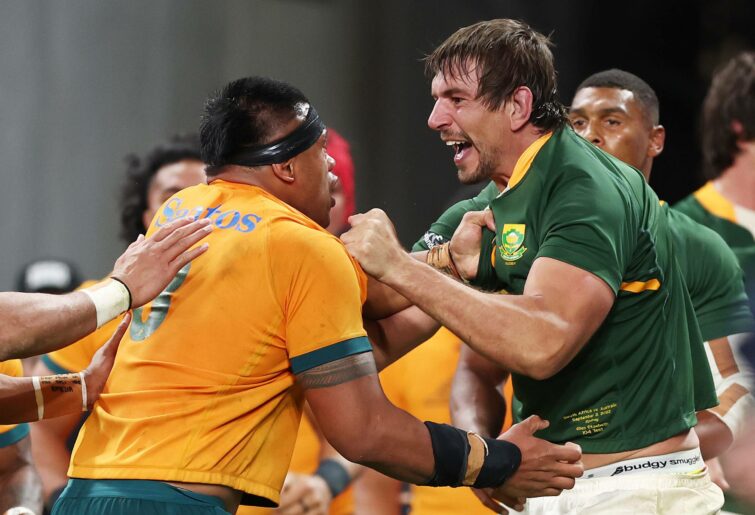
(Photo by Mark Metcalfe/Getty Images)
Also, the spots where change has occurred (save for backup lock, as RG Snyman finds every single body part to break) may have actually improved the side. Is Steven Kitshoff a step down from Beast Mtwarira? Is Willie le Roux off the bench a downgrade from Frans Steyn? A Duane Vermeulen-Francois Louw late Test combo was good, but the loose forward Bok stocks are deep.
The options at 9 and 10 are deeper: Damian Willemse and Jaden Hendrikse are legitimate. Different horses can play all the courses, but the basic template remains the same.
Defence is the cornerstone of Bok rugby in this era. Jacques Nienaber continues to boast the (objectively) stingiest try concession numbers from 2019 to now; the umbrella has adapted. More wings have been blooded: the Boks are less dependent on Cheslin Kolbe to make something from nothing, with the rise of quicksilver Kurt-Lee Arendse and super-athlete Canan Moodie.
Knockout rugby will never offer expanded space; the Boks can use space but also create it by going through the opposition.
Underdogs in a quarter-final, but if victorious over the French or Kiwis, the most likely winner. What will trip them up?
Fitness will play a big part. Give this group six weeks and abs return, along with certain immutable physical advantages.
But also, the silent whistle.
Too dependent on forcing penalties, if a ref swallows his whistle (and here, we must point out the surly Erasmus’ face surely is a dartboard in the referees’ lounge), the Boks will struggle to score first-half points. However, they have been winning second halves for a few years and are usually the least penalised.
The nature of the beast means Boks matches tend to be close.
4. Ireland
Why would the highest-ranked team be fourth on this list?
Well, first let us notice that the top-four contenders all come from one side of the draw. World Rugby has made a mockery of seeding and the entire principle (maximising the drama of a tournament, not fairness per se) by squishing the top four (clearly, the top four) into one half.
Ireland has a harder road because a seven-match grind is more like the recent champions’ league and URC failures (being beaten by more physical teams at the end) than nabbing a Six Nations silver medal or a 2-1 tour of New Zealand, without diminishing the difficulty of those latter achievements.
Each stage will come too quickly for James Ryan, Tadhg Furlong, Tadhg Beirne, and Josh van der Flier to recover to the level that is asked of them (they are required to do more than any other pack) and attrition is exponential. Ryan in particular has struggled to shrug off niggles. Cups tend to be won by the team with the best locks, plural.
Next, Johnny Sexton’s role is too pivotal. The other three main contenders can better deal with the loss of any one player, even France with Dupont.
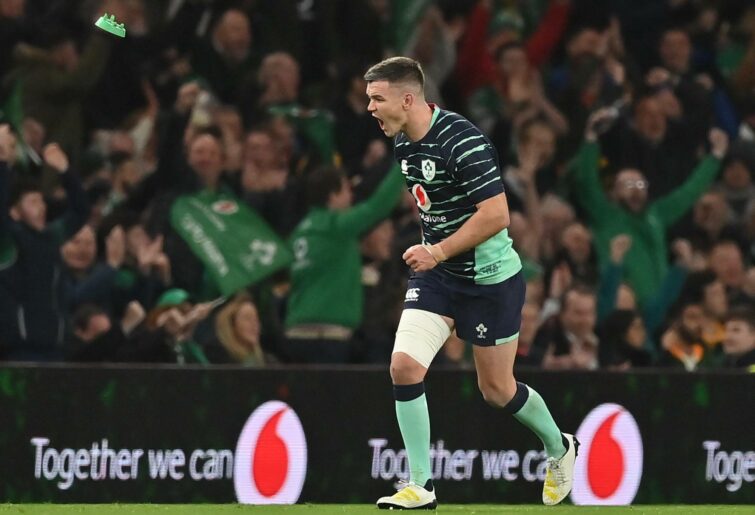
(Photo By Brendan Moran/Sportsfile via Getty Images)
Ireland will only go as far as Sexton’s legs carry them. Offer odds on a middle-aged playmaker who touches the ball 40 times and does not shirk contact not being injured in six matches which will include Tonga, South Africa, and two finalists: you will go long. He was my Player of the Year this year, just ahead of Etzebeth and Ardie Savea.
It is a precarious place to be.
Add to it the weight of history: Ireland has never made the final four. Rugby’s mantle of the past wears heavier than in any other team sport. It is also the reason France is no guarantee, but they have fought Finals, whereas the Irish may not truly believe they can go all the way.
What will doom them? A hobbled Sexton, a depleted pack or the ineffable but real lack of belief.
5. Wales
Warren Gatland is back. He makes the biggest difference of all the coaching changes.
What does he have to work with?
A knockout flyhalf who will be at his third World Cup. Ten Lions, including a group of terrier loosies and serious backs. A thousand caps. Bloody minds; unsentimental winners.
He has a history of making teams play worse against his teams. That’s a World Cup recipe.
2022 was a poor year for Welsh rugby: losing to Italy did not just cost Dave Rennie a job. The clubs are struggling.
But if you think Gatland is not an improvement over Wayne Pivac, you are dreaming. And then go back to the 9-13 loss in Cardiff to France last year, the visitors frustrated, Galthie puckered, and one Jon Davies drop from an upset.
Gatland can take Wales up from that, and that was not bad. Nor was their fight in South Africa.
For more than a decade, Gatland has specialised in taking on a short-term tour, always away to fired up teams, and knitting his squad into a chain mail burning oil stubborn wall of a team.
This is his cup of tea.
Unlike Ireland, Wales will be comfortable in a quarter-final. They win quarters; it’s the semis they worry about.
They are not shy to play percentage rugby. They will not be as easily attritted as Ireland.
The winner of the Cup will not come from the weaker side of the draw, but Wales will contend and likely give a semi-finalist all they want or can handle – and don’t count them out of a big upset.
England and Australia (tied)
Pick one.
The series Down Under last year offered a glimpse of how each of these teams’ flaws fit each other and even though the coaches will now differ (there is almost a swap of personalities, because Borthwick is more Rennie, and Jones is Jones) one feels these are wild card teams on the prowl.
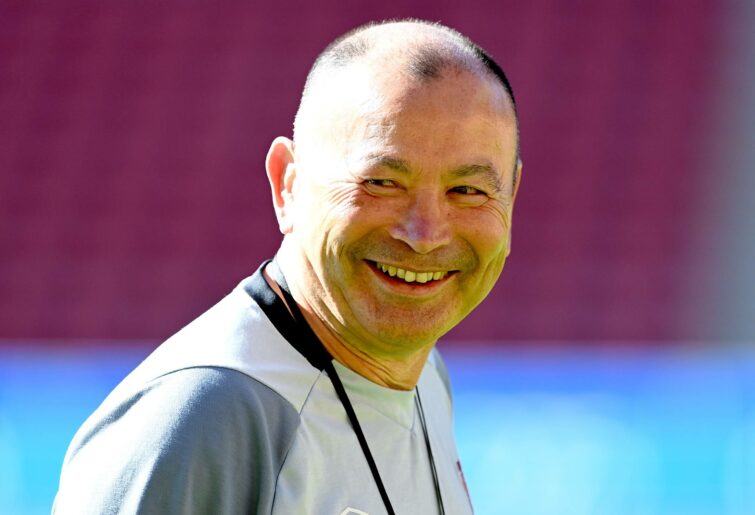
(Photo by Bradley Kanaris/Getty Images)
Recently, England and Australia have not shown an ability to win three or four in a row, let alone six or seven. But with new energy and coaching, could they rise?
Yes, they will have to grow into the tournament, but 2019 is again instructive. Whoever is peaking in late September and early October is a shout, even if a pool match was dropped.
England will challenge and be part of the final story in France if they can find their actual team, define the senior leadership doctrine, stick with it, have the right understudies ready, kick smarter, become more efficient in scoring, and stop leaking soft tries.
And so it is with Australia.
Borthwick will field a more serious team than Jones offered by the end. Jones will be trickier to beat than Rennie was. But there is still that list.
What will prevent that?
Illogical selection, leaders who do not fit the moment, fickleness, a lack of clarity and depth, poor kicking (execution and timing), sloppiness in the red zone, or a weak scramble; pick three of those and if they are all present, this duo will have a wildly entertaining quarter-final but fizzle out next.
Eight months to go.
Strap in.




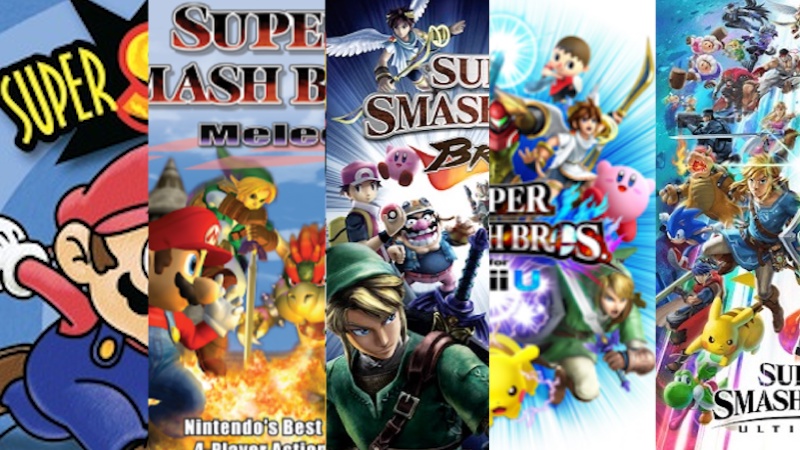



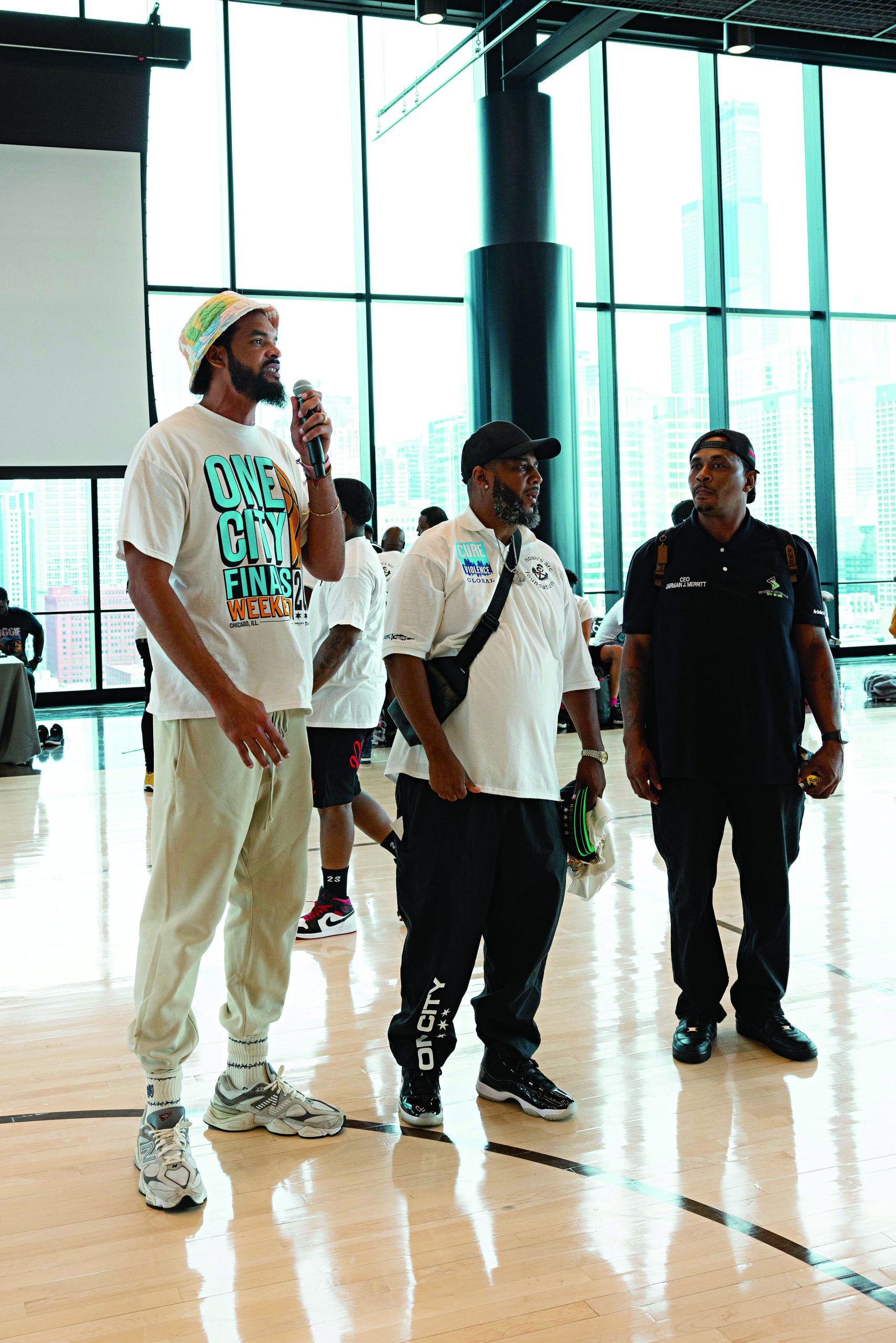










You must be logged in to post a comment Login